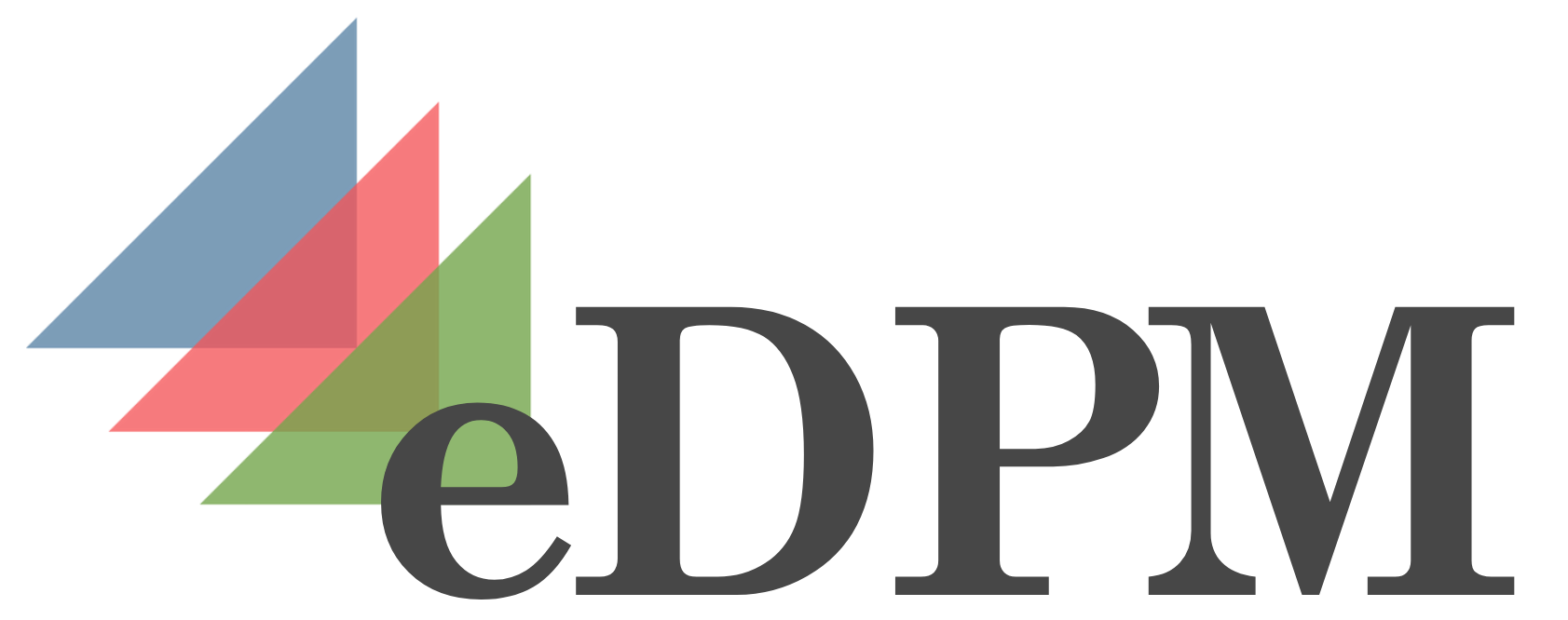It sure seems that way thanks to an opinion by Justice Kavanaugh handed down in March.
Back in March when we were all checking our brackets the Supreme Court quietly issued an opinion that, at least on the surface, appears to bring an end to prevailing parties recovering costs related to e-discovery. I find it strange, however, that the Court makes no reference whatsoever to the various district and circuit courts decisions that have dealt with the issue.
Maybe there’s still hope?
In Rimini Street, Inc. et al vs. Oracle USA, Inc., et al., No. 17-1625 (Mar. 4, 2019), a copyright infringement case brought by Oracle against one of its competitors, a jury awarded Oracle $50 million dollars in damages. Post-verdict, the Court ordered defendants to also pay $28 million in attorneys’ fees, $4.9 million in costs and, most relevant here, $12.8 million in litigation expenses for expert witness fees, e-discovery and jury consulting.
By the time the case reached the Supreme Court, the only issue in dispute was the $12.8 million in litigation expenses. Justice Kavanaugh framed the question before the Court as “whether the term ‘full costs’ in §505 of the Copyright Act authorizes awards of expenses other than those costs identified in §§1821 and 1920.”
Title 28 U.S.C. §1821 authorizes witness and mileage fees. Section 1920 provides for six specific items which a prevailing party may seek to recover as costs. And §505 of the Copyright Act provides that in a copyright infringement action “the court in its discretion may allow the recovery of full costs by or against any party.”
For years, litigants have relied upon §1920 to seek recovery of e-discovery costs. Under §1920(4), the court may tax as costs “fees for exemplification and the costs of making copies of any materials where the copies are necessarily obtained for use in the case.” Litigants consider this statute and the interplay of Rule 54(d) of the Federal Rules of Civil Procedure as the basis for seeking post-judgment costs other than attorneys’ fees.
Unfortunately, for more than 10 years the courts have been indecisive on the issue of recovering e-discovery costs. Some courts have found the costs recoverable; others have found the opposite; and yet others have split the baby and found partial costs recoverable. See, Race Tires America v. Hoosier Racing Tire Corp., 674 F. 3d 158 (3rd Cir. 2012); The Country Vintner of North Carolina, LLC v. E & J Gallo Winery, Inc., 718 F.3d 249 (4th Cir. 2013); CBT Flint Partners, LLC v. Return Path, Inc., 737 F. 3d 1320 (Fed. Cir. 2013); Colosi v. Jones Lang LaSalle Americas, Inc., 781 F.3d 293 (6th Cir. 2015) and Balance Point Divorce Funding, LLC v. Scrantom, 305 F.R.D. 67 (S.D.N.Y. 2015). There’s a collection of lower court decisions courtesy of our friends at Logikcull here.
It seems to me that the question whether e-discovery costs are recoverable turns on the use of the word “exemplification” and the phrase “making copies” in §1920(4). Exemplification means to provide an example, illustration or representative sample. It is nearly the essence of discovery to identify, produce and present at trial documents and other tangible items relevant to one or more subjects. Doing so seems like a form of exemplification. And making copies? At the risk of slipping into a 1990s SNL skit, making copies means making a copy of an original object or tangible item, something that is done repeatedly in litigation.
A clear reading of the statute appears to authorize recovery of at least some portion of e-discovery costs. Collecting ESI in discovery, for instance, constitutes making copies of data “for use in the case.” Same thing for converting native-format ESI to static images for review. Copies of ESI are routinely made for document production purposes. And arguably, presenting ESI during depositions, hearings and trials is a form of exemplification as well.
Without a doubt, there’s a circuit split on the question of whether e-discovery costs may be recovered by the prevailing party. The Court’s opinion in the Oracle case, such that it narrowly tailored the question to a provision of the Copyright Act and fails to mention the circuit split on e-discovery cost recovery, does not appear to resolve that disagreement. The court appears to have kicked the can down the road and left the question for another day.
To me this is another instance of the law not keeping up with technology. For legal operations people and law firms faced with this issue, I would suggest you clearly record your exemplification and copying costs during discovery. My sense is these costs are still recoverable.
But what we could really use is an amendment to Rule 54 and §1920 to clarify what e-discovery costs are recoverable.
(This article originally appeared on Above the Law in a slightly altered format)
Like us on Facebook and follow us on Twitter.
